Does everyone need a probiotic supplement?
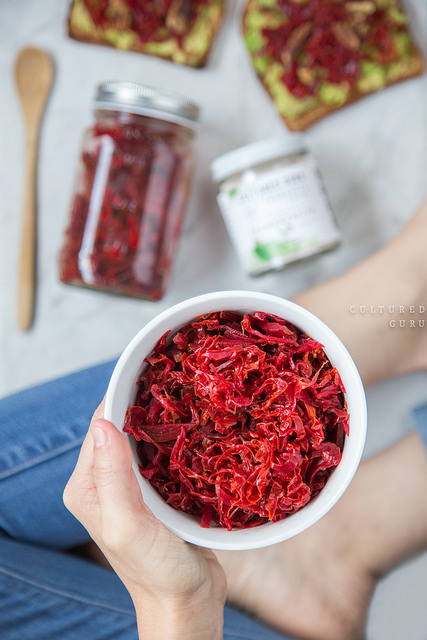
September 15, 2017
Probiotics are good bacteria. They can restore the biodiversity within the microbiome, fight pathogenic organisms and help heal the gut mucosa.
(more...)Fiber: how much and which kinds should you get?
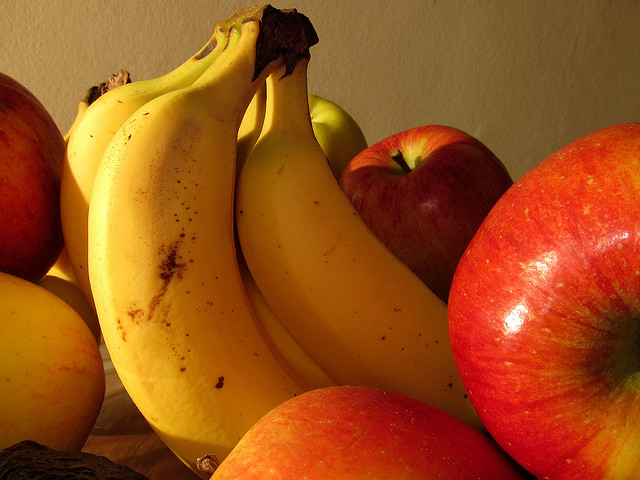
August 7, 2017
Soluble fiber is a “prebiotic,” or food for the intestinal bacteria. Some of the best sources of soluble fiber are bananas, asparagus, garlic, onion, leeks, dandelion greens and Jerusalem artichokes.
(more...)The best medicine doctors don’t tell you about | USA Today
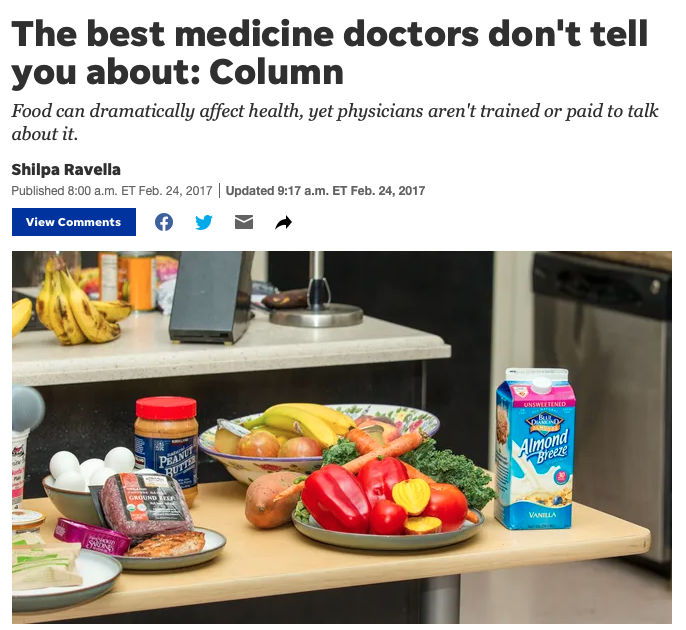
February 24, 2017
By Shilpa Ravella
Food choices are the most important cause of poor health in the United States. But food-as-medicine is still fringe medicine, a practice more likely to be found at a few specialized clinics rather than in the halls of academic medical institutions.
(more...)Scientists can tell if you’re eating healthy by studying your pee | New York Magazine
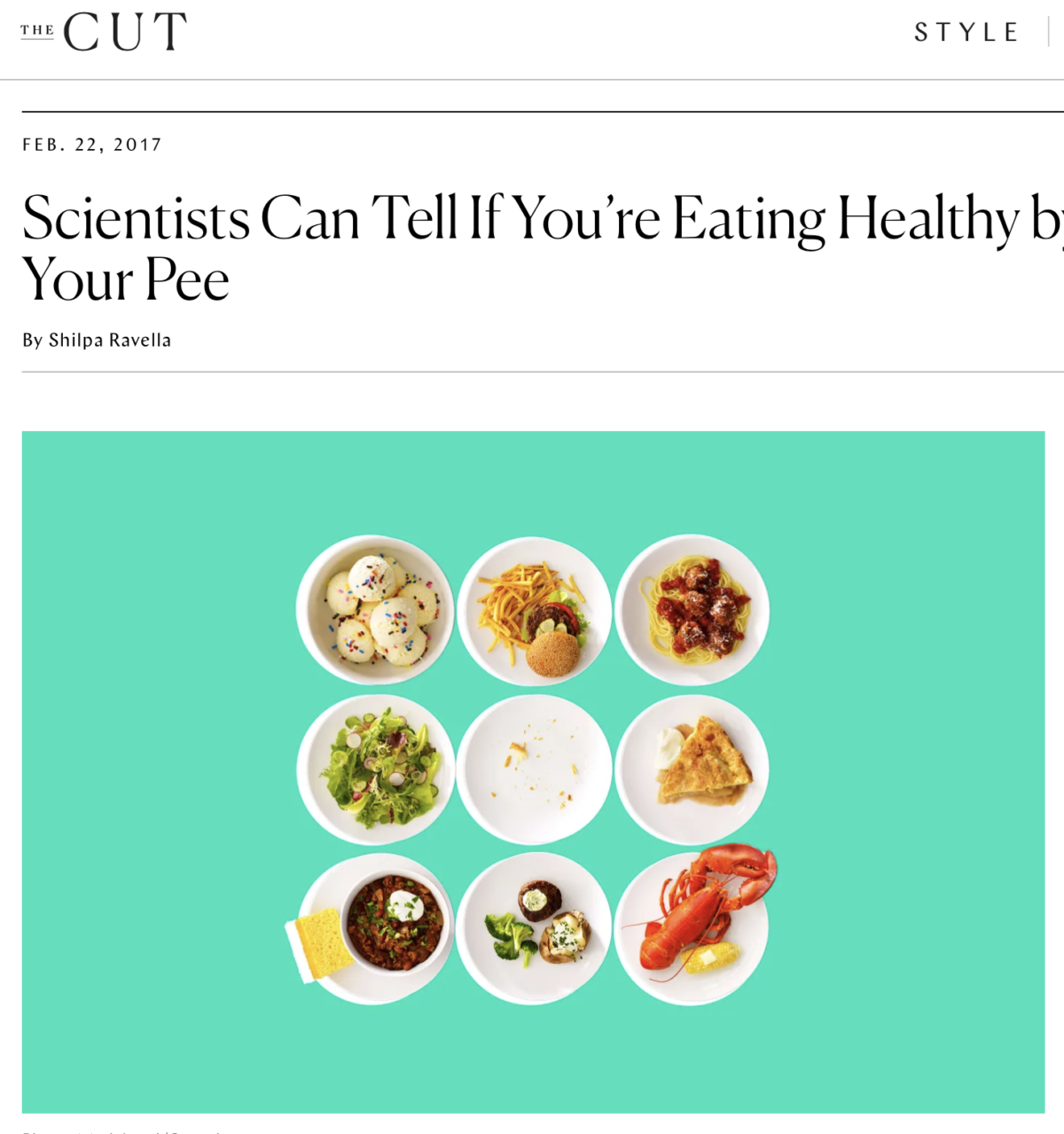
February 22, 2017
By Shilpa Ravella
Most people overreport their consumption of healthy foods and underreport unhealthy foods. A new diet test may one day be able to figure out what you eat.
(more...)Telomeres, the key to longevity, show food may be the best anti-aging treatment
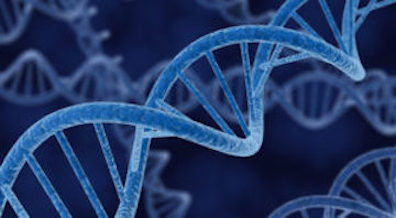
February 8, 2017
By Shilpa Ravella
Today we are learning more about the molecular pathways underlying aging and how the foods we eat can affect these pathways to slow down or speed up the clock. We do have an anti-aging secret, one that can keep us young inside and out, and it’s the best-kept one to date.
(more...)Prevent and treat heartburn

Lifestyle choices, including the food you eat, can help prevent or treat acid reflux. Some quick tips:
Manage stress
Get good sleep
Maintain a healthy weight
Avoid smoking
Avoid or limit spicy, fried or fatty foods, chocolate, onions, garlic, citrus fruits and juices, tomato-based foods like pizza, caffeine, alcohol
Eat whole foods high in fiber. They can protect against acid reflux and esophageal cancer
Eat small meals and avoid overeating
Don’t lie down after a meal and don’t eat too close to bedtime
If you have heartburn at night or while trying to sleep, elevate the head of your bed.
Foods that can cause diarrhea
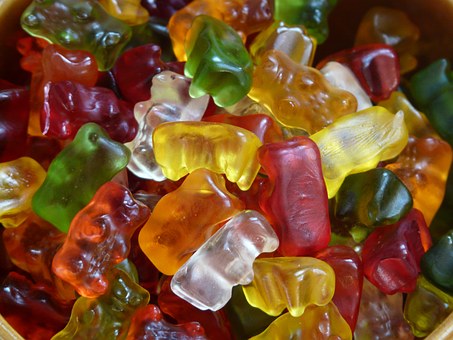
December 14, 2016
In general, most cases of acute diarrhea are infectious and more likely viral than bacterial. As diarrhea persists, noninfectious causes become more common. Inflammatory bowel disease, irritable bowel syndrome and malabsorption syndromes can all cause diarrhea. Food can also be responsible for gastrointestinal symptoms. Common foods that cause diarrhea include sugar substitutes, coffee, alcohol, dairy, wheat, FODMAPs, spicy food and fast food.
(more...)Meal planning for intestinal disease
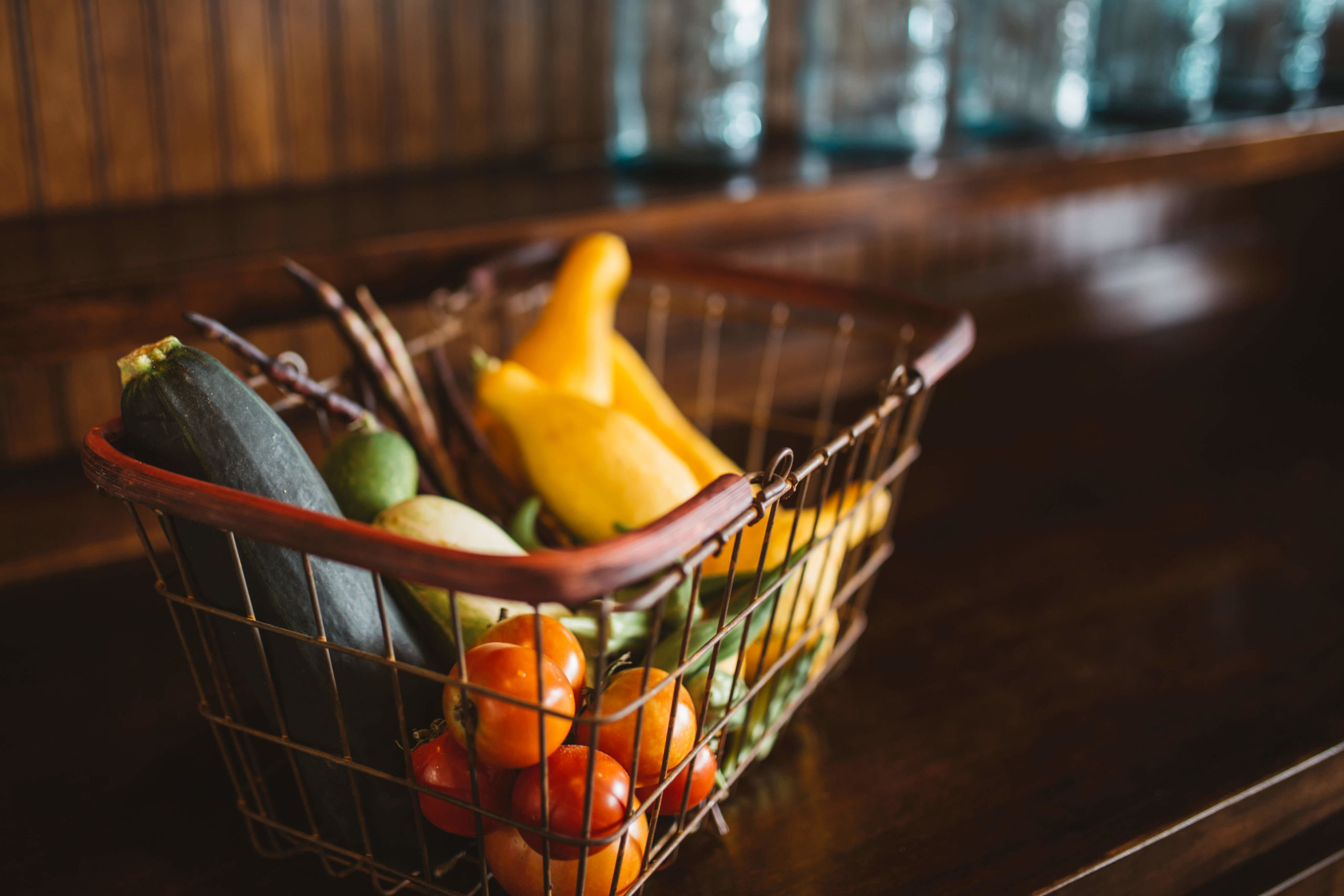
Specific diet plans are often prescribed for gastrointestinal symptoms like bloating or gastrointestinal diseases like short bowel syndrome, irritable bowel syndrome (IBS), inflammatory bowel disease (IBD) and motility disorders. These diets often involve manipulating the amount of fiber, FODMAPs and fat you eat.
(more...)
 April 30, 2017
April 30, 2017